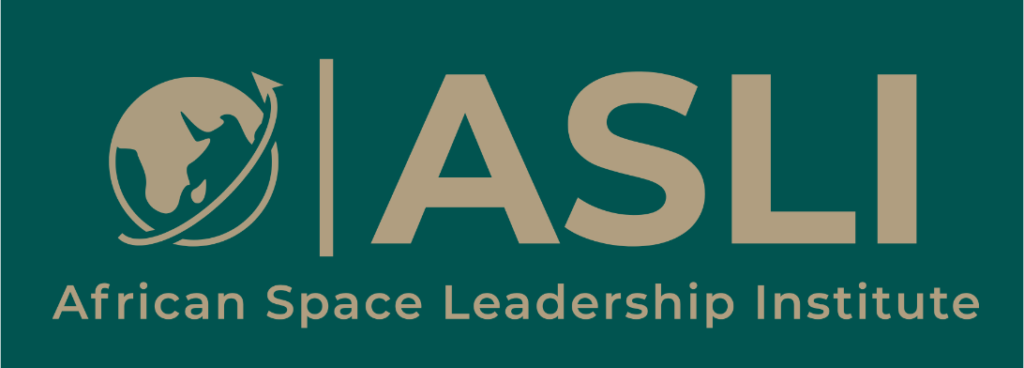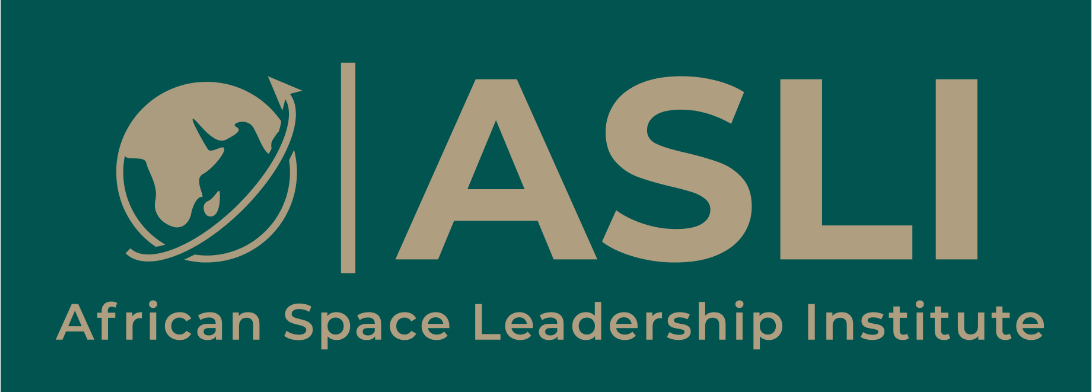About the Course
The Global Space Policy (GSP) Course is aimed at equipping practitioners and professionals with information, knowledge and skills, to make the best space decisions, policies, strategies and programmes, while taking cognizance of limited available resources and the geopolitical environment. It is intended for students, professionals and executives, who are interested in the science and art of decision- and policy-making.
The Course is taught by expert facilitators from around the world. The course modules and content are designed to accommodate people from different academic and professional backgrounds.
Live sessions take place virtually for the convenience of the participants. There are also non-live interactive sessions.
Expected learning outcomes
- Understand concepts used in space policy, security, governance and diplomacy
Appreciate the importance of space policy and learn to apply the process of space policymaking
Understand the nexus between space policy and development of firm/national space capability
- How to analyse and synthesise information for decision/policy making
Learn from the SWOT analysis of selected spacefaring and emerging countries and apply lessons learnt
Understand trends in national, regional and international space governance
Develop knowledge and skills for tackling emerging technological and policy challenges
Who should attend?
Government officials
Public servants
Members of Parliament
Organisation/Team Leads
Young professionals
Students
Benefits of participation
- Learn principles and practice of space policy- and decision-making
- Access relevant space policy documents
Gain knowledge in comparative space policy
Earn a certificate in Global Space Policy
Become part of the ASLI Network
Curriculum
The course contains four modules.
Primer on Outer Space: Sound policy requires some level of fundamental technical knowledge. This module is to provide necessary foundational knowledge about space including fundamental space science, satellites, orbits, frequency spectrum, and spaceflight. Two topics will be covered in this module namely Physics of Outer Space Environment and Orbital Mechanics.
Primer on Space Policymaking: A discussion on concepts, process and actors in space policy making and advising, as well as a brief history on space development. Three topics will be covered under this module namely Fundamentals of Space Policymaking; Space geopolitics; and Design of a Space Policy and Strategy.
The lecture on Fundamentals of Space Policymaking introduces principles and methodologies for making space policies. This lecture contains a live simulation exercise.
The lecture on drafting of national space policy and/or strategy gives a general overview of the meaning, application and implication of space policy. It highlights the role of politics, policy and funding, in attaining national goals. It describes the dimensions of space policy and places space policy within the context of other public policies. Participants will be introduced to some frameworks for developing national space policies and strategies.
Case Studies: Case studies of two countries in Africa (Angola and Kenya), two non-African countries (The UK and Türkiye) and three regional space programmes (the EU and Asia-Pacific regions).
There will also be a session on the African Outer Space Programme. This consist of the African Space Policy and Strategy; the African Space Agency (AfSA) and AU space application programmes.
Space Governance: This module is an introduction into the provisions of the treaties and principles of the Outer Space Treaty. There also be a session on space institutions and governance frameworks.
Facilitators
– Dr. Youssef Moulane (Astrophysicist, Mohammed VI Polytechnic University, UM6P, Morocco)
– Prof. Namrata Goswami (Professor, John Hopkins University, USA)
– Dr. Valanathan Munsami (Deputy CEO, Saudi Space Agency; and Cofounder, ASLI)
– Babafolahan Olasisi Durodola (Space Systems Engineer/Solutions Architect, Amentum)
– Charles Mwangi (Technical Director, Kenya Space Agency)
– Lina Pohl (European Space Policy Institute, Vienna)
– Dr. Aurelie Trur (Researcher, International Space University, Strasbourg, France)
– Prof. Andrea Harrington (Co-Director, McGill Institute for Air and Space Law, Canada)
– Dr. Sarah-Jane Gill (Head, PNT Directorate, UK Space Agency)
– Etim Offiong (Cofounder, ASLI)
Recommended books
- Handbook for Space Capability Development by Rose Croshier
- International Space Law: United Nations Instruments
War in Space: Strategy, Spacepower, Geopolitics by Bleddyn E. Bowen
Original Sin: Power, Technology and War in Outer Space by Bleddyn E. Bowen
Scramble for the Skies: The Great Power Competition to Control the Resources of Outer Space by Namrata Goswami and Peter A. Garretson
Programme schedule
Live sessions will be held on every Thursday and Friday in March and April, from 13h00 GMT
Sessions are virtual, using a proprietary Learning Management System (LMS).
Registration
ZAR 5,160
Further enquiries could be sent to info@aslispace.org
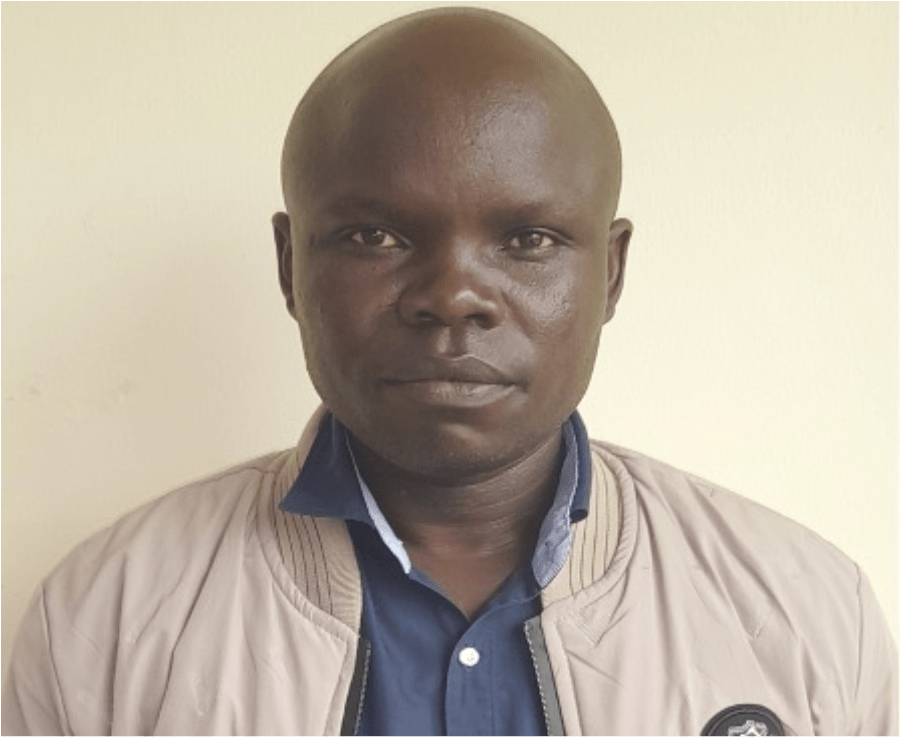
Dr. Awuor Ochieng Adero – Department of Astronomy and Space Sciences, Technical University of Kenya

Georgiana L. Moruz – MA Security and Diplomacy, SNSPA, Romania
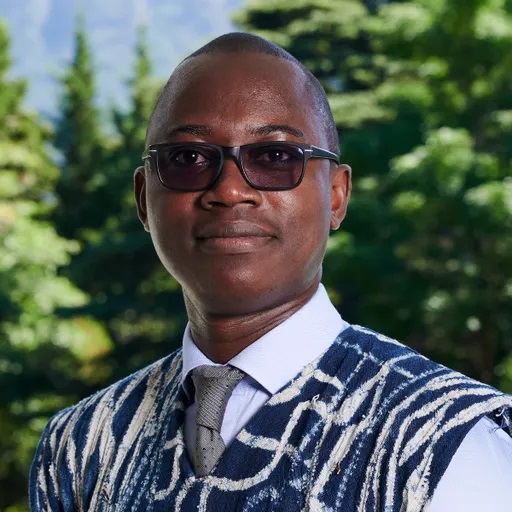
Yvan Solo, MD (Global Surgery Fellow, University of Cape Town, South Africa)
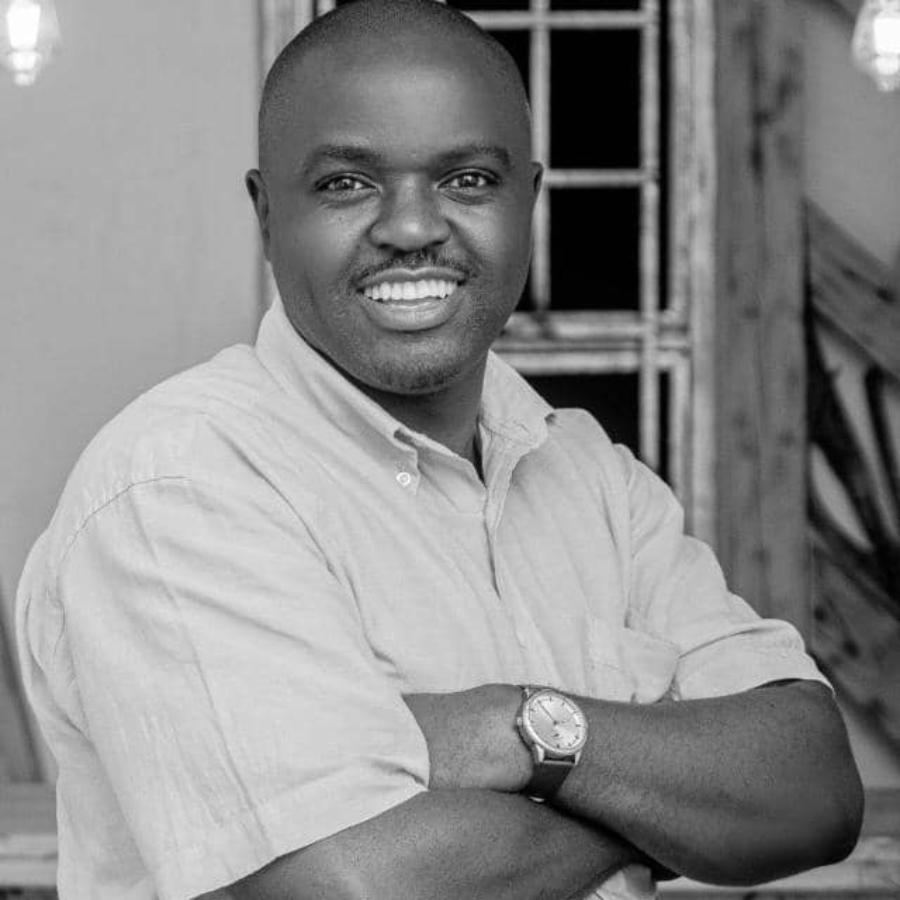
Johnson Kibirige – Aerospace & Defence Committee, Uganda

